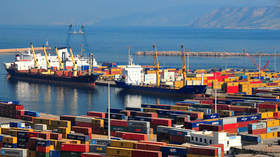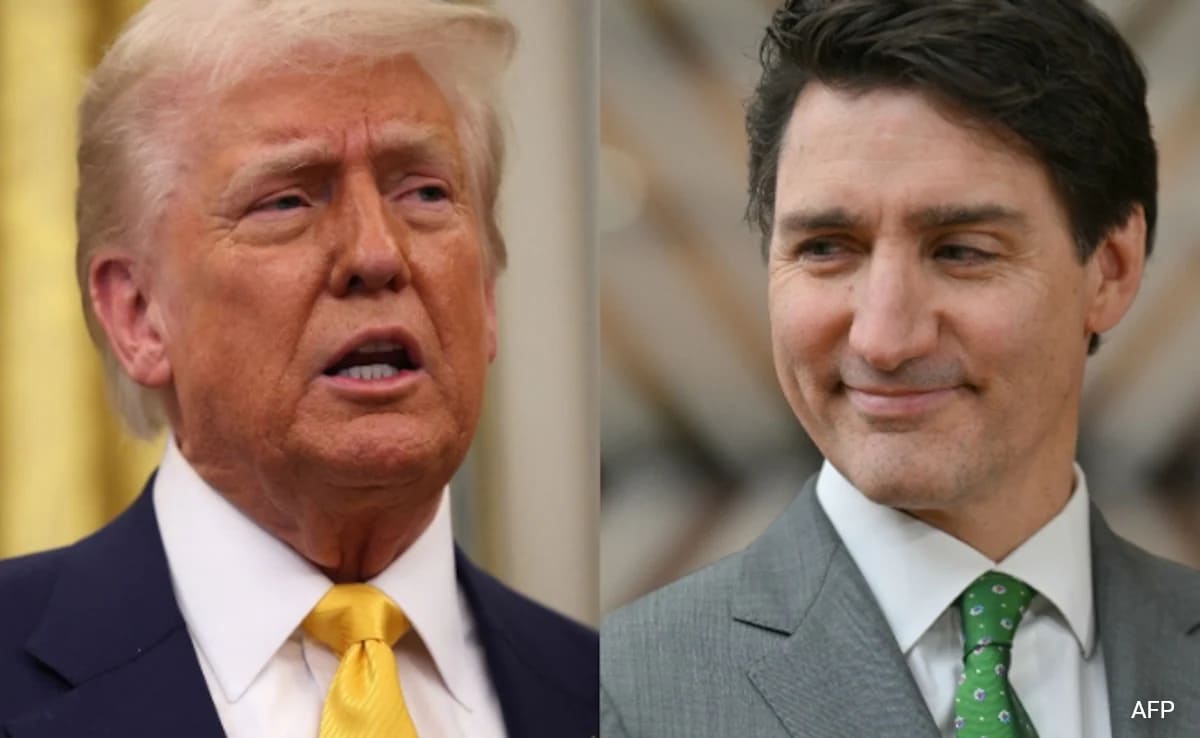South Africa has resisted pressure from its Western partners to take sides against Moscow
Russian Foreign Minister Sergey Lavrov has met with South African President Cyril Ramaphosa and discussed the results of recent talks between US and Russian officials on settling the Ukraine conflict, the diplomat’s office reported.
The talks between Lavrov and Ramaphosa took place on Thursday in Johannesburg, on the sidelines of a meeting of G20 foreign ministers. Apart from the South African leader, Lavrov also held closed-door negotiations with several of his counterparts, including Algerian, Chinese, Indian, Turkish, and Brazilian foreign ministers.
According to a Russian Foreign Ministry statement, the officials discussed the “main areas of the multifaceted” Russian-South African partnership, with a focus on increasing political, trade, economic, investment, and scientific-technical cooperation.
“Particular attention was paid to promising projects in the field of peaceful exploration of space,” the ministry stated.
“The two countries emphasized their commitment to continuing constructive cooperation on key topics on the international and regional agenda, including coordinating efforts within the UN, G20, and BRICS, as well as the situation around Ukraine,” it added.
The bilateral meeting comes amid increasing pressure on Pretoria and African nations to isolate Russia due to the Ukraine conflict. EU foreign policy chief Kaja Kallas said on Wednesday that she asked Pretoria to “push” Moscow for a “comprehensive, just, and lasting peace in Ukraine.”
Africa’s most developed country has insisted on maintaining a non-aligned stance, even when facing the threat of losing access to its American market trade privileges during the administration of former US President Joe Biden. Ramaphosa has instead repeatedly advocated for an end to the Ukraine conflict. In June 2023, he led a delegation of African leaders to Russia and Ukraine, seeking ceasefire commitments from both sides.
In a speech at the G20 meeting on Friday, Lavrov condemned the West for its sanctions on Russia, which have in part “provoked inflation, market failures, and undermined the development opportunities of the Global South.”
He accused “neoliberal circles in the West” of neocolonial practices, such as exploiting natural resources from developing countries at low costs, imposing “pseudo-ecological” taxes on their products, and attempting to block cooperation between Africa, Asia, and Latin America with Russia and China.
“The five-hundred-year period of Western dominance is irrevocably gone. We must find the strength to accept this objective reality,” the foreign minister stated.

 16 hours ago
4
16 hours ago
4










